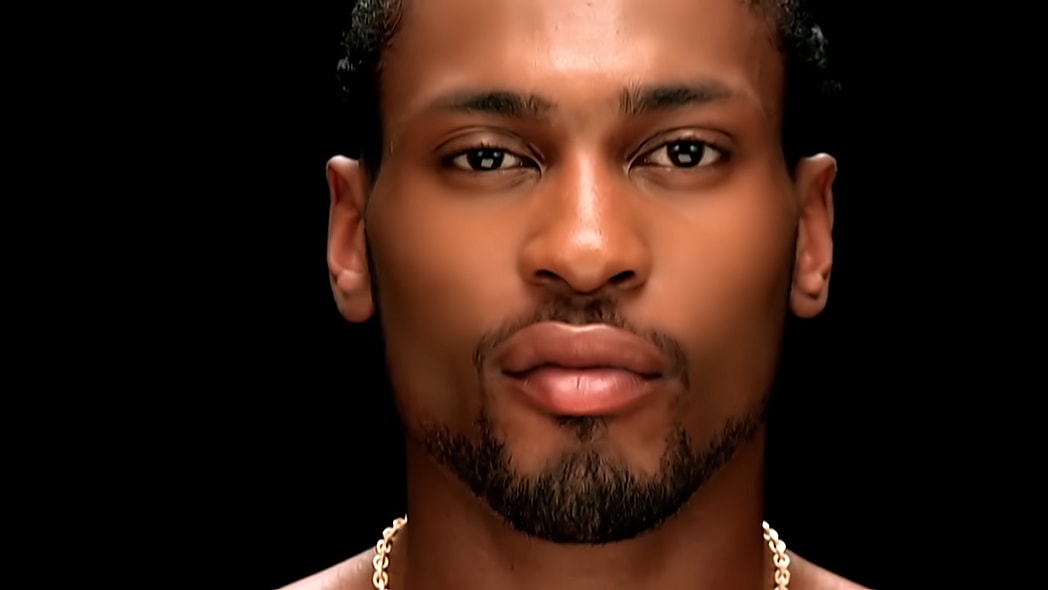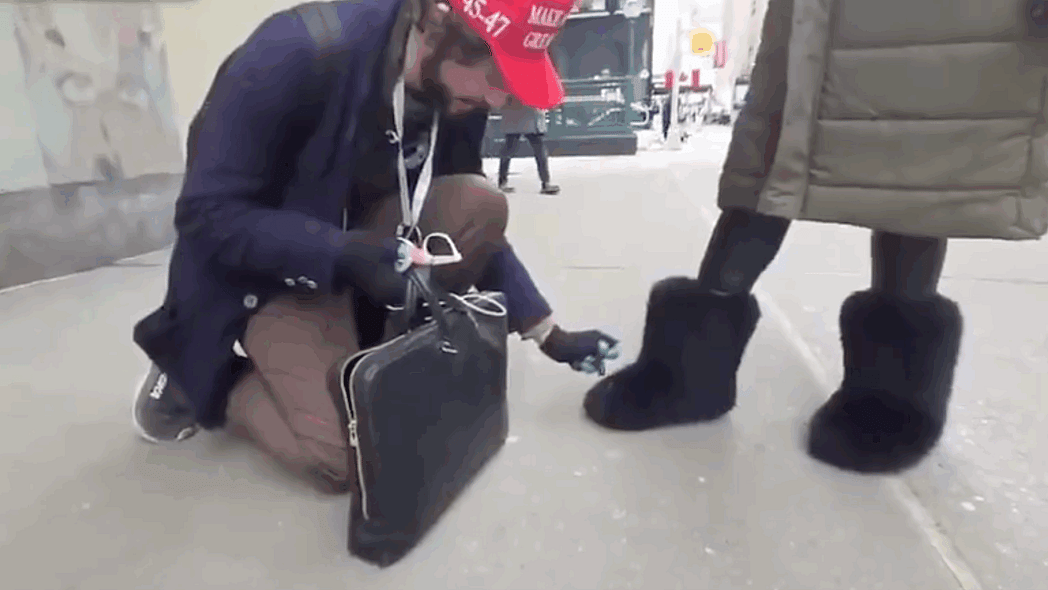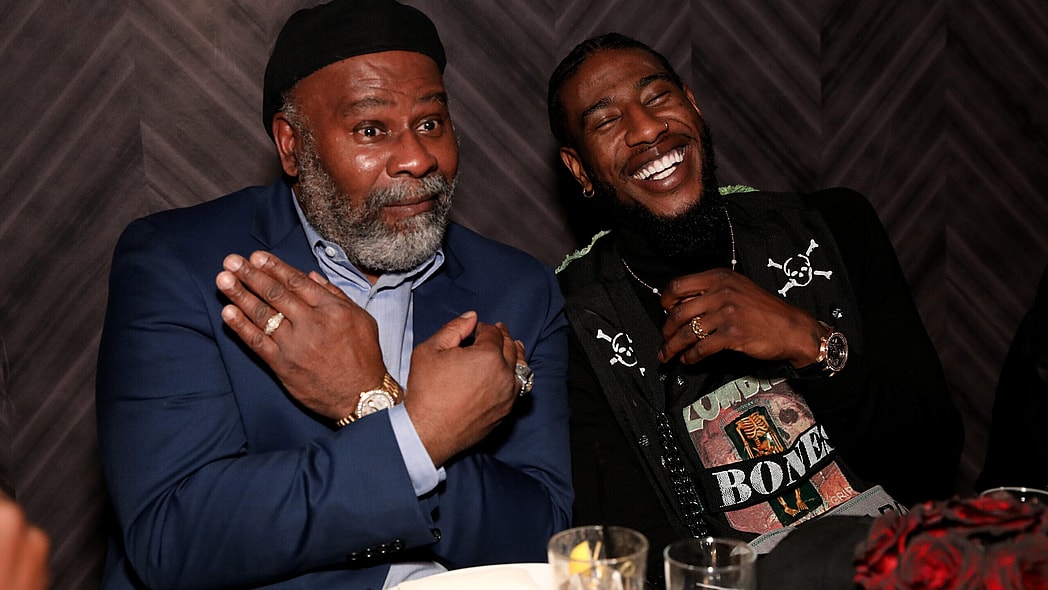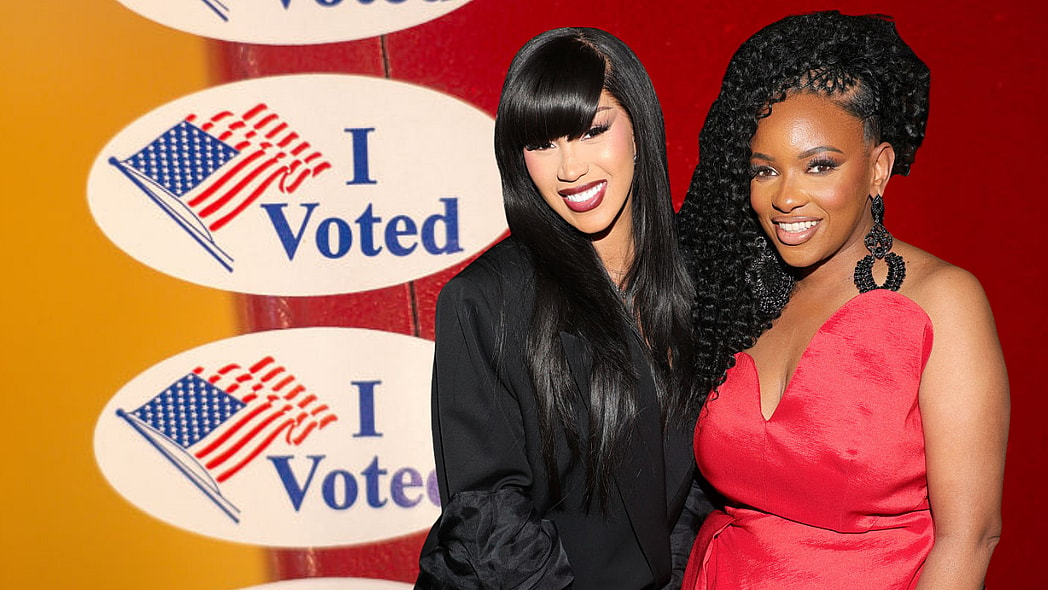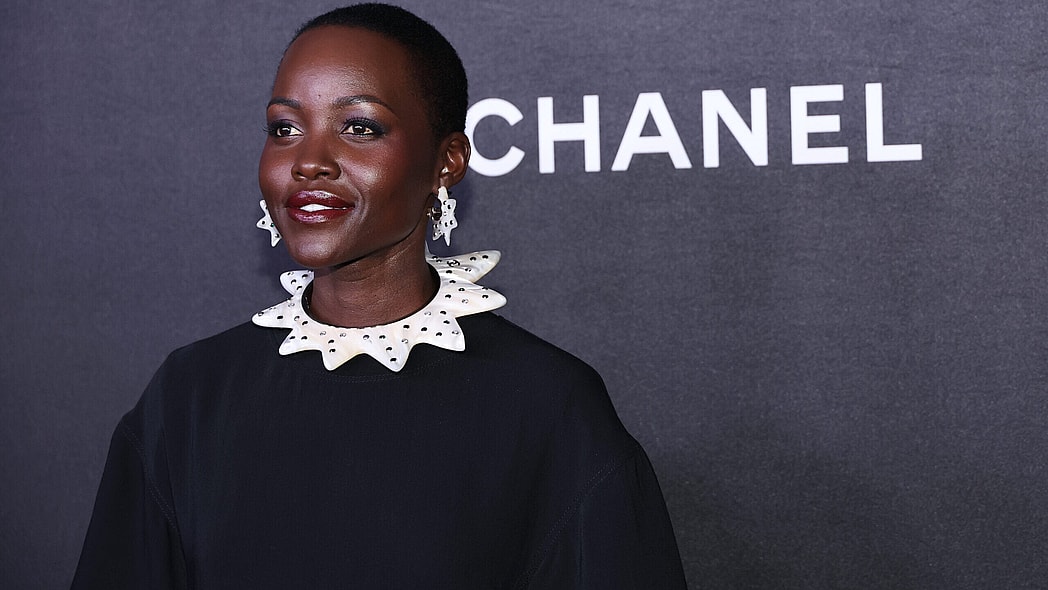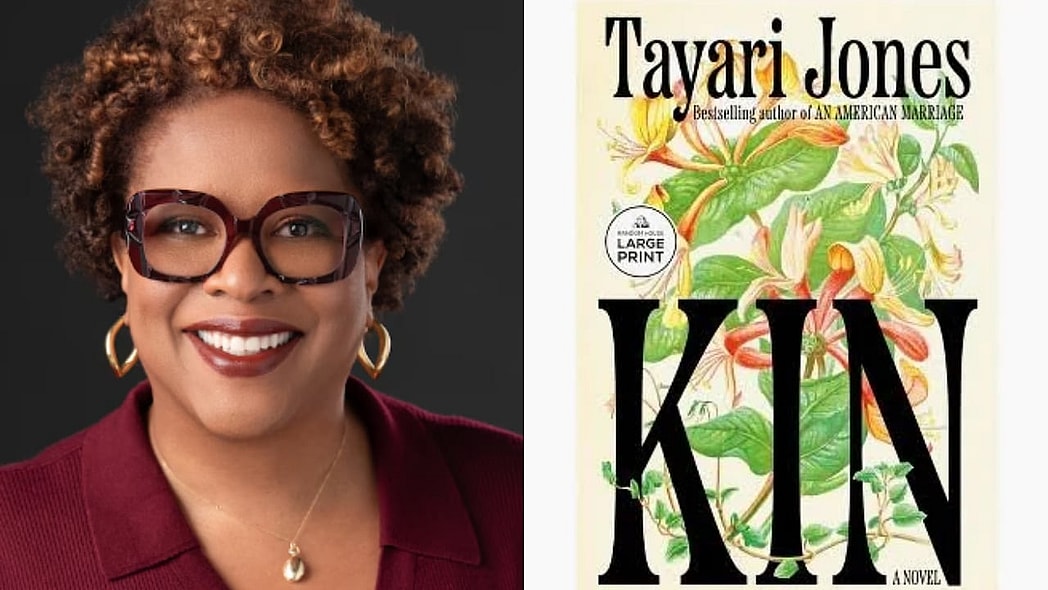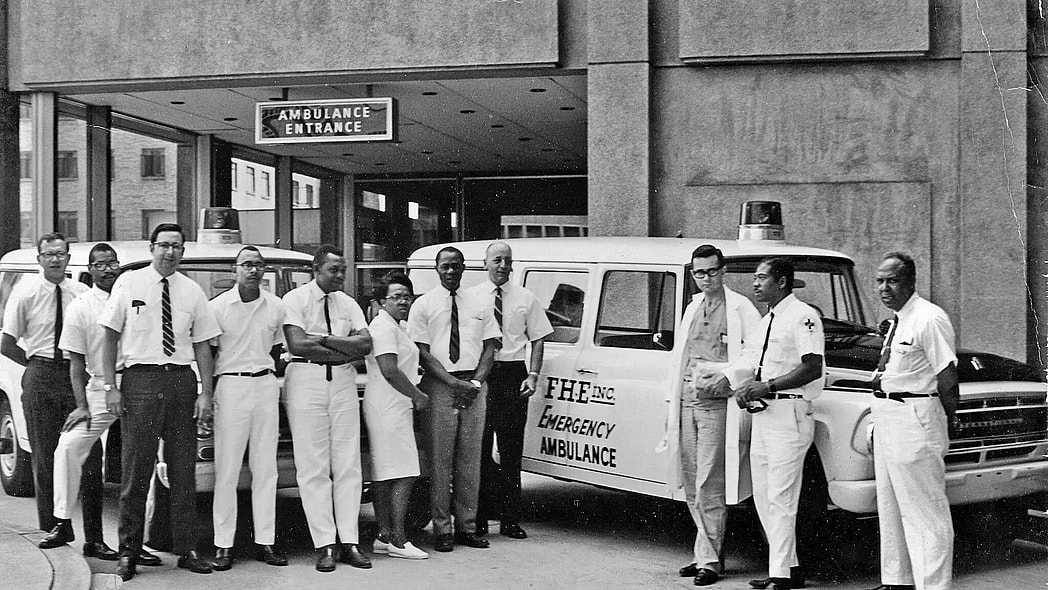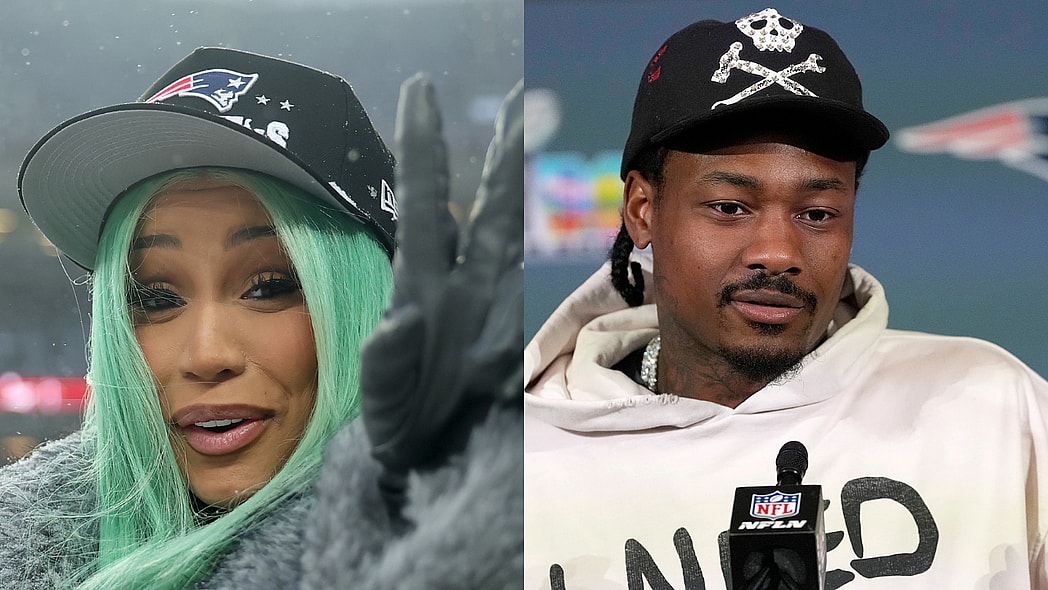Editor’s note: The following article is an op-ed, and the views expressed are the author’s own. Read more opinions on theGrio.
You may be part of the reason why D’Angelo stopped performing. Yes, you. If you’re of an age where you were a fan when his legendary song and video “Untitled (How Does It Feel)” came out. Let me explain. It’s a Black Music Month cautionary tale.
D’Angelo was one of the most wildly talented musical prodigies the culture had seen in decades. His 1995 first album “Brown Sugar” proved that he was a brilliant soul singer and writer in the classic tradition. He made us wait five years for his second album, “Voodoo,” but it was incredible, and it showed tremendous growth in his ability as a writer and a creator. That was partly because he had gone to Questlove school. They called it Soul Music University. I heard all about it when I did a big Rolling Stone story about D’Angelo. The two of them worked on “Voodoo” for years and part of that work was studying the legends. They sat around and watched videos of people they referred to as Yoda figures: James Brown, Prince, Stevie Wonder, George Clinton, Marvin Gaye, Fela Kuti, Aretha Franklin, Nina Simone, Al Green, Sly, Hendrix and more.
The point of all this was to educate themselves so that they could make the best music possible. When I interviewed D’Angelo and Questlove for that Rolling Stone story, they said they saw themselves as being in a war over the future of music. They wanted “Voodoo” to change R&B and free it from commercial restraints. This was an album that they believed could influence the future, and they took that opportunity extremely seriously.
Meanwhile, D’Angelo had a brilliant young brother managing him, the late Dominique Trenier. Dom was a visionary, and he knew that what D’Angelo needed was an unforgettable video so Dom conceived of a video where D’Angelo would be as naked as TV allowed. From the top of his cornrows to just far enough below the belly button that it wouldn’t be X-rated. It would be done in one long, beautiful shot that would be captivating and powerful. It would cement D’Angelo as the ultimate lover man of the generation, and it would dominate the attention economy.
Recommended Stories
This would be a coming out of sorts because on D’s debut album, he was a little out of shape. He told me he was a chubby kid who lost 35 pounds in ninth grade but gained much of it back during the “Brown Sugar” tour because it’s really hard to eat and sleep well and work out when you’re on tour. So he wasn’t showing off his body like that when they promoted “Brown Sugar.” But in the years between “Brown Sugar” and “Voodoo,” D worked with a trainer, hit the gym, did some sparring, running and pushups, and stuck to a careful diet to develop a sick body.
But when it came time to shoot the video, D’Angelo didn’t want to do it. He was afraid. Would it change the way people saw him? He wanted to be seen as a transformative musician. Would this help that? But Dom was very persuasive and D trusted him. So, despite immense reluctance, D went in there and shot the video for “Untitled (How Does It Feel).”
The video gives you D standing while wearing no clothes that we can see. He’s bathed in beautiful light and turns slowly as the camera captures his gorgeous, sculpted body. It’s one long shot, and it’s every bit as captivating as Dom imagined it would be. The video quickly became iconic. For a moment, it was all anyone in Black culture was talking about. It created tremendous attention for D’Angelo and helped him sell a lot of records.
But it also changed the way many people saw him. With “Brown Sugar” the prevailing narrative was here’s a genius soul prodigy to pick up the mantle of Gaye and Green and Curtis Mayfield. After the “Untitled” video, the narrative became wow, D’Angelo is so sexy. After years of working on his craft and diving deep into the heart of soul music, people weren’t listening to the music, they were staring at his chest. He would go to concerts and want to show people what a great pianist and great singer he was and how great his songs were, but the audience was screaming “Take it off! Take it off!” They wanted to see his chest. The video had primed them to think about him as a sex symbol and that’s what they did. And whenever he took off his shirt, as they demanded at show after show, a solid wall of screams rose up and got so loud you could barely hear him singing.
He was not perceived as the soul legend that he wanted to be. He was a sex god. And he didn’t like that. He felt dismissed. He told me “I don’t want it to turn into a thing where that’s what it’s all about. I don’t want it to turn things away from the music.” Sometimes people threw dollar bills. He said that embarrassed him. He wasn’t a stripper, but they were treating him like one. Questlove said “He doesn’t want to [take off his shirt]. We do all this preparation to give a balanced show and he goes out and gets treated like women get treated every day — like a piece of meat.” D said, “To be onstage and I’m trying to do music and people goin’, ‘Take it off.’ I’m not no stripper. I’m up there doing something I strongly believe in.”
It’s rare to see a star be so at odds with his audience and so upset with how they’re responding to him. D was right to be nervous about the video. It changed the way people saw him and that definitely had an impact on him. It was 14 years before he returned with his third album, “Black Messiah,” and I was told that part of why he stopped performing and why he took so long to make his followup album is because he was so hurt by that whole experience.

Toure is a host and writer at TheGrio. He hosts the TheGrio TV show “Masters of the Game,” and he created the award-winning podcast “Being Black: The ’80s” and its upcoming sequel “Being Black: The ’70s.” He is also the creator of “Star Stories” and the author of eight books, including “Nothing Compares 2 U an oral history of Prince.” He also hosts a podcast called “Toure Show.” He is also a husband and a father of two.

